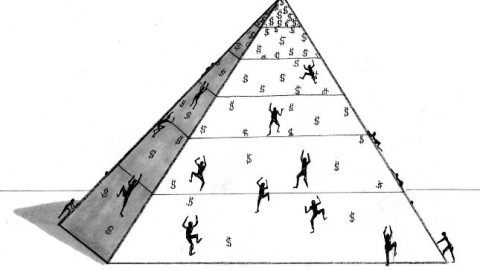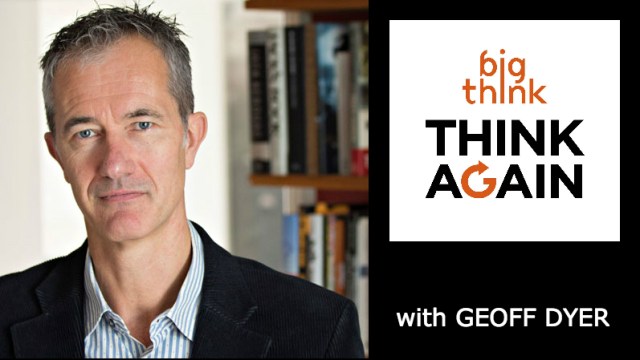Mediating Between Meritocracy and Democracy

1. Two of America’s core values—democracy and meritocracy—seem increasingly conflicted and confused.
2. Meritocracy, coined in 1958, means rule of high-merit folks (~aristocracy, aristo = best, ~hereditary since 1570s).
3. But “rule of” isn’t specific enough—per Lincoln, “of the people” must also be “for the people” (14th-C Bible quote).
4. “For the people”provides a tyranny test = power used “not for the good of those…under it.”
5. Merit-centric, or top-centric, or even me-centric politics wasn’t the goal. Lincoln knew democracy was only ever as good as the ideas used in it, and no politics of parts can work unless the health of the whole governs.
6. Some top-folk imagine they can isolate themselves, others grasp their dependence on “the people” below.
7. But the social pyramid physics is clear. Every level needs stability below. However unequal the upside, all share the downside if the pyramid falls (damaging what you depend isn’t rational, see Good vs. Bad Rich).
8. Are “ladders of opportunity” enough? For those born far from the first rung (lacking early “enrichment” experiences)? Others inherit “escalators of opportunity,” and enjoy networks of nepotistic indirect support ( ≠ level equal opportunity playing field).
9. Is the “anyone can make it” idea enough? If “anyone” means the talented or lucky few? Not the unexceptional masses?
10. Millions can’t “make it” to the next paycheck without food stamps (=taxpayers subsidize underpaying freeloader titans).
11. Is “mobility” enough? Escaping the less mobile masses is great, but USA lags UK and Canada.
12. Do markets automatically reward merit? Fairly? Markets often misprice, and perhaps $10 per hour elder/child care miscalculates its social value? Even the classic market-merit “Wilt Chamberlain argument,” isn’t practical, basketball sets maximum wages.
13. Some call “the meritocracy of capitalism…a lie,” a “tyrantless tyranny” of ideas (with rich-get-richer dynamics skewing policy).
14. Some top-folk, or their hired thinkers, feel the masses should be content living well on less. But top-folk baulk at happy-with-less facing higher taxes. Anyway, that ignores our inalienable “status-relativity.”
15. Here’s the “status-relativity” big picture: We were alpha-dominated (like chimps) until 250,000 years ago, then team hunting made shared gains more adaptive (with top vs bottom balance enforced by “counter-dominant coalitions”). Agriculture and cities re-enabled alpha domination, requiring divine right or fear of god(s) to prevent envious masses from rebelling. Democracy should mean shared progress and less alpha-tyranny. No few can oppress many for long without violence, or fear of gods, or their secular successors, “the markets.”
16. Tyler Cowen says societies owe “strong… support for their most successful citizens.” Aren’t all citizens due that? The weak especially? Top-folk, uncaring about the masses, could “buy a measure of social peace.”
17. Mostly, the rich are as replaceable as you. Titans, driven by passion, previously built stronger economies under higher taxes. If some titans work less under higher taxes… hungrier wannabe-titans will replace them.
18. Democracy works best when “we the people” ensure we’re governed we-centrically, not top-centrically, for the fortunate few, whatever their merits.





